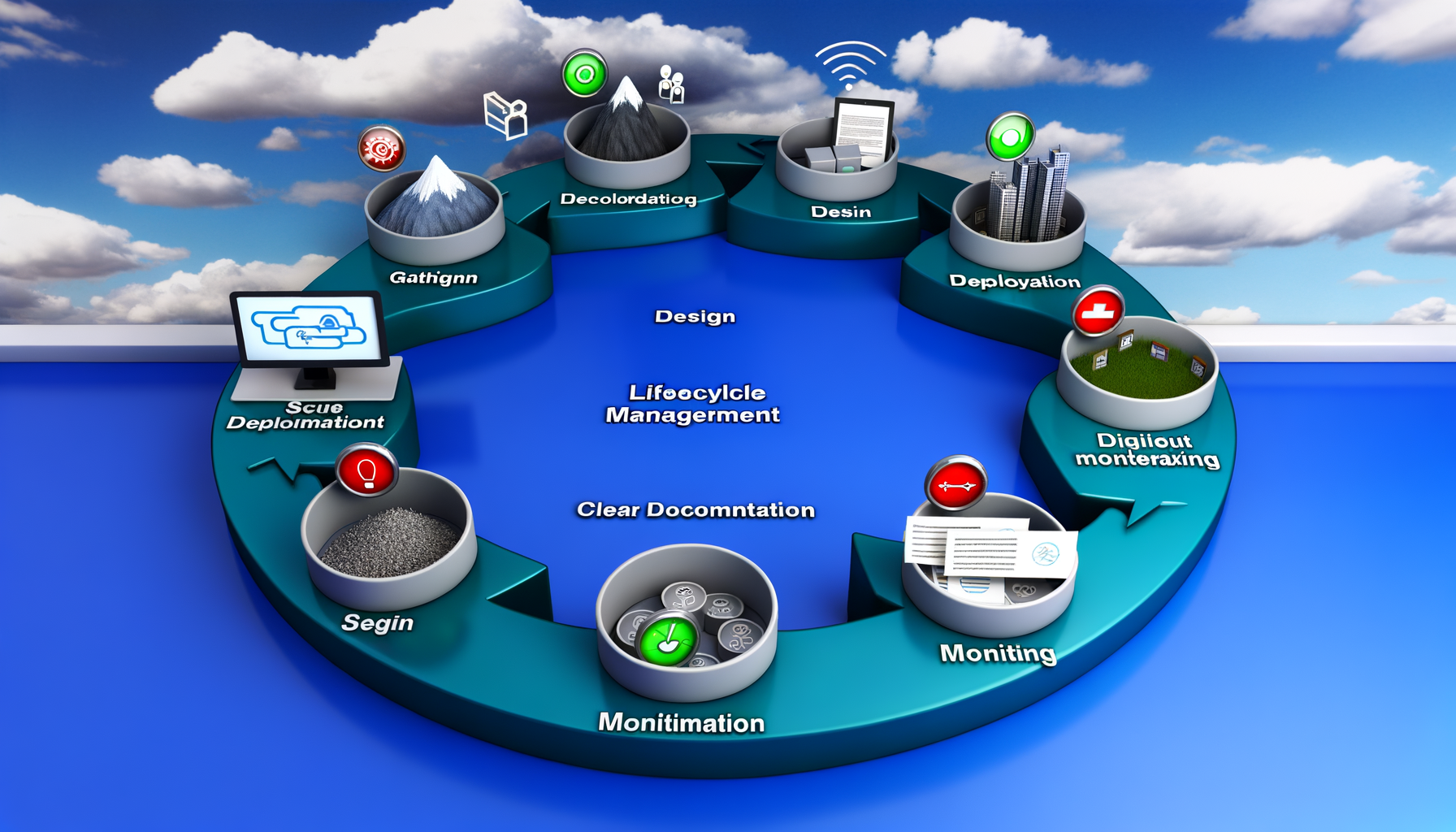Introduction to Integration Lifecycle Management
Integration Lifecycle Management (ILM) plays a pivotal role in ensuring that organizations can effectively deploy and manage integrations. It enhances the efficiency and reliability of business operations by streamlining integration processes.
Key Components of ILM
The ILM framework comprises several critical phases, including design, deployment, monitoring, and maintenance. Each phase is essential to ensure that integrations are robust and functional. By focusing on these components, organizations can minimize disruptions and optimize the flow of data.
Phase 1: Design
During the design phase, integration requirements are gathered and documented. This stage involves thorough analysis to ensure that integrations meet business needs and align with technological capabilities. A well-planned design phase helps prevent issues later in the lifecycle.
Phase 2: Deployment
Deployment is a critical stage where solutions are implemented into the production environment. This phase requires careful planning to ensure seamless integration and minimal impact on existing systems. Best practices include testing in a controlled environment to iron out potential challenges.
Phase 3: Monitoring and Maintenance
After deployment, continuous monitoring is crucial to detect and address issues promptly. Maintenance ensures that integrations remain relevant and effective over time. Proactive monitoring and regular updates help sustain integration performance.
Best Practices for Effective ILM
Effective ILM involves adopting best practices such as using automated tools, maintaining clear documentation, and setting up alerts for anomalies. Establishing a feedback loop with stakeholders also helps to refine integration processes continually.
Conclusion: Enhancing Business Efficiency
Implementing a structured ILM approach significantly contributes to enhanced business efficiency and reduced operational costs. By meticulously following the ILM framework, organizations can ensure smooth and reliable integration operations that support business goals and growth.
View the original article here: https://www.celigo.com/blog/enhance-your-integrations-with-integration-lifecycle-management/




